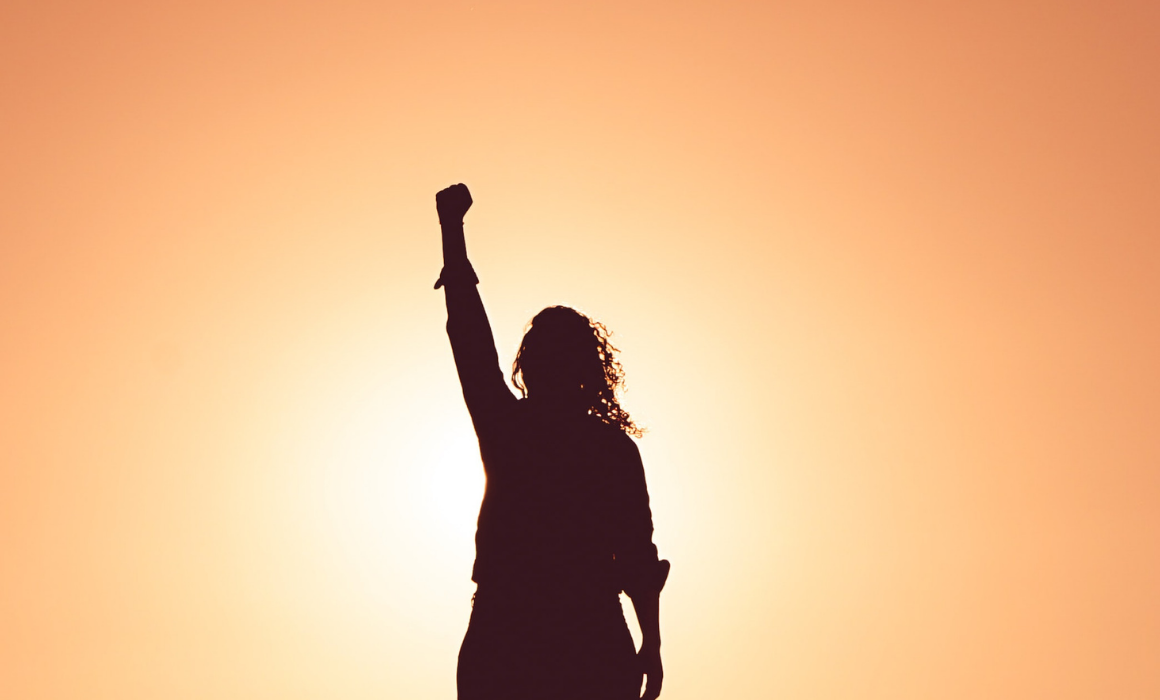How I’m Reminding Myself to Be Proud of My Heritage
Kaitlyn Forde reflects on how conversations on racial inequality have reminded her to be proud about her racial identity.
Photo: Miguel Bruna on Unsplash.
For what feels like a first in my lifetime, conversations about racial inequality are happening in mainstream media. As a racialized person, race is something that is and will likely always be top of mind for me. After enduring countless micro-aggressions, race has become a significant part of my everyday thought process: from the anxiety that comes with meeting new people and not knowing their ideologies (re: are they racist?) to setting an early alarm for a job interview so I can straighten my unruly, curly locks for a better shot at getting a job.
With race at the forefront of so many conversations, I’m hopeful. I’m relieved by the Derek Chauvin verdict (Ed. note: Chauvin has since been sentenced to 22 1/2 years for killing George Floyd). Maybe things are finally changing, but after two decades of being conditioned to hide my race and differences, I still have to remind myself to be proud of my heritage. I’ve struggled with conformity my whole life, so it’s been a slow and steady road to stop myself from saying grandmother when she’s my lola or note that I’m eating plantain chips, not potato chips. I’ve hidden myself in many tiny, significant ways to avoid being the target of racism.
“It’s micro-aggressions that I still struggle to call out, the offhand comments that come right at the moment when I forget I’m the only racialized person in the room. I’m used to hearing and ignoring the quips about me liking math because I’m Asian or being late because I’m Black, but others hit harder: the immigrant senior citizen that asks where I’m from because they assume I can’t be Canadian or the particularly pale colleague back from a week-long, Dominican Republic all-inclusive that mentions they’re ‘as dark as me now.’”
I’m learning how to openly talk about race. For one, racism and racist seem to be trigger words and I try to avoid using them. It’s the white person with that one Asian or Black friend whose worst nightmare is to be called a racist. Once the R-word is thrown out, people tend to shut down and forget the actual topic of discussion to focus on defending why their comment wasn’t actually racist.
It’s micro-aggressions that I still struggle to call out, the offhand comments that come right at the moment when I forget I’m the only racialized person in the room. I’m used to hearing and ignoring the quips about me liking math because I’m Asian or being late because I’m Black, but others hit harder: the immigrant senior citizen that asks where I’m from because they assume I can’t be Canadian or the particularly pale colleague back from a week-long, Dominican Republic all-inclusive that mentions they’re “as dark as me now.”
“Now more than ever, I see multiculturalism worn like a badge of honour, rather than just the typecast ethnic friend. It reminds us, as minorities, that we can be exactly who we are. I’m hopeful that as we continue to discuss race, generations to come will understand they don’t need to hide, edit or apologize for who they are.”
Although I wouldn’t immediately conclude these people are racist, it doesn’t make me feel any less uncomfortable. It still reminds me that I am not seen like them. And maybe that’s not overt hate, but it still makes me, as a racialized person, feel inadequate. It works as yet another reminder that despite everything I do to conform, I’m still not seen as equal.
There is certainly work to be done. Despite my countless, consistent grapplings with micro-aggressions, I am still hopeful for our future. I’m thankful for the allies that have worked to raise minorities’ voices. I’m thankful for the steady increase of representation in mainstream media. Now more than ever, I see multiculturalism worn like a badge of honour, rather than just the typecast ethnic friend. It reminds us, as minorities, that we can be exactly who we are. I’m hopeful that as we continue to discuss race, generations to come will understand they don’t need to hide, edit or apologize for who they are. And although it may not always be easy for me to remember, neither do I.
Kaitlyn Forde is a communications professional specializing in government relations. Her experience includes travel writing for tourism clients, including Marriott International, Fairmont Hotels and Where Magazine. When she’s not at her desk, you can find her at a concert, restaurant or reading a book in the park.
P.O.V. is a place where the Asian community can voice their views and perspectives on topics that matter most to them. Interested in contributing? Email us at info@representasianproject.com.

